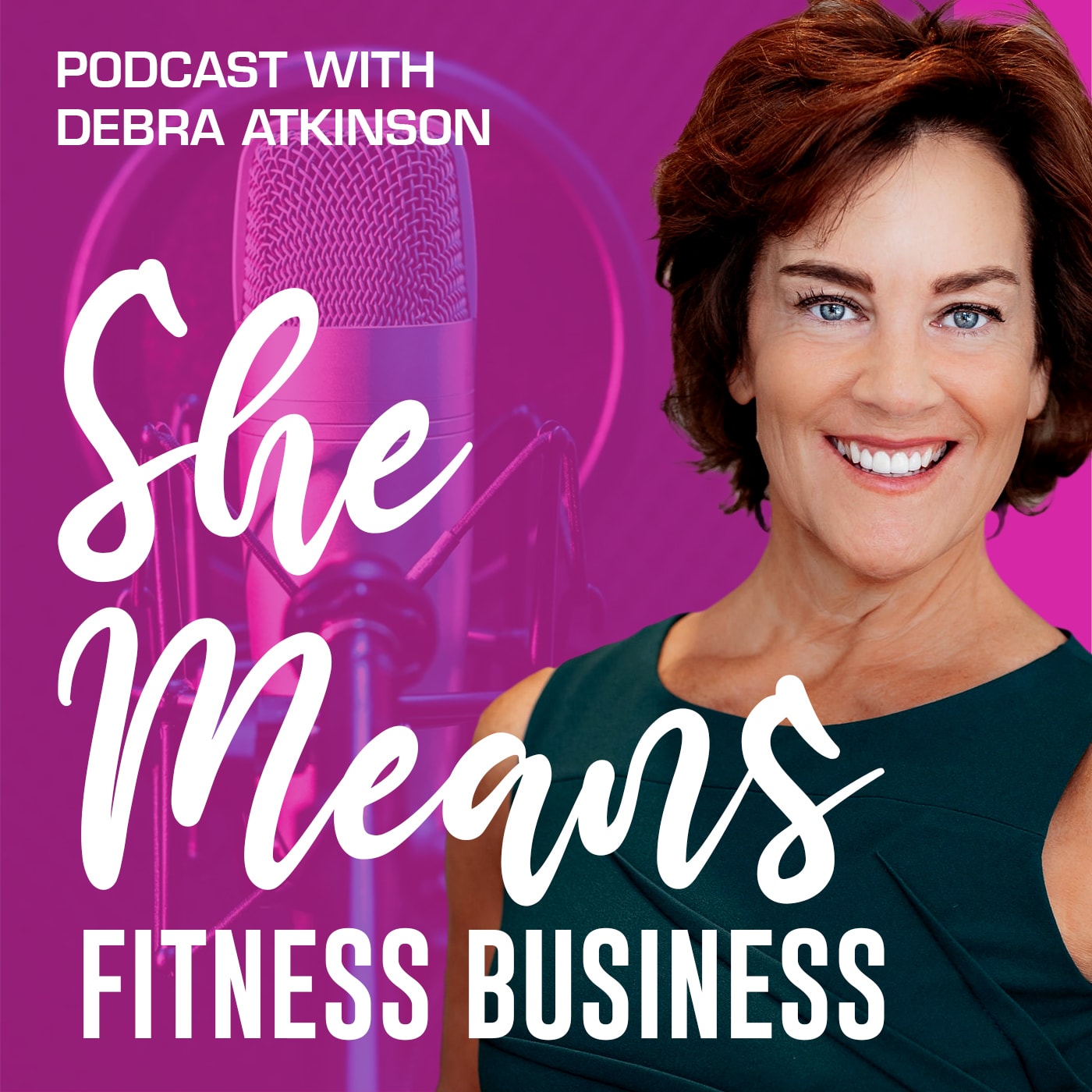- After-Shows
- Alternative
- Animals
- Animation
- Arts
- Astronomy
- Automotive
- Aviation
- Baseball
- Basketball
- Beauty
- Books
- Buddhism
- Business
- Careers
- Chemistry
- Christianity
- Climate
- Comedy
- Commentary
- Courses
- Crafts
- Cricket
- Cryptocurrency
- Culture
- Daily
- Design
- Documentary
- Drama
- Earth
- Education
- Entertainment
- Entrepreneurship
- Family
- Fantasy
- Fashion
- Fiction
- Film
- Fitness
- Food
- Football
- Games
- Garden
- Golf
- Government
- Health
- Hinduism
- History
- Hobbies
- Hockey
- Home
- How-To
- Improv
- Interviews
- Investing
- Islam
- Journals
- Judaism
- Kids
- Language
- Learning
- Leisure
- Life
- Management
- Manga
- Marketing
- Mathematics
- Medicine
- Mental
- Music
- Natural
- Nature
- News
- Non-Profit
- Nutrition
- Parenting
- Performing
- Personal
- Pets
- Philosophy
- Physics
- Places
- Politics
- Relationships
- Religion
- Reviews
- Role-Playing
- Rugby
- Running
- Science
- Self-Improvement
- Sexuality
- Soccer
- Social
- Society
- Spirituality
- Sports
- Stand-Up
- Stories
- Swimming
- TV
- Tabletop
- Technology
- Tennis
- Travel
- True Crime
- Episode-Games
- Visual
- Volleyball
- Weather
- Wilderness
- Wrestling
- Other
Do Your Health Coaching Clients Abuse or Avoid HRT?
Your clients may choose to use HRT or avoid HRT... But I propose they could also abuse HRT. What to do in both cases… I’m going to cut right to the heart of the message. I want to get your attention. If I have it, keep reading and I’ll explain (and so will a podcast). Muscle is an endocrine organ – Muscle is HRT for Women 40+ It is HRT. Still, reading? Good… let’s do this. Hormones and Training 101 Once a woman doesn’t have the same level of estrogen and progesterone she did, building muscle makes a big difference in the way she ages. Cortisol has an uptick when estrogen falls. That means, women no longer have the muscle-stimulating effects of estrogen AND they have the deleterious effects of cortisol breaking down their muscles further. Loss of muscle means a gain of fat. By default, even if fat isn’t gained, the percentage of body fat goes up. But in minutes- or so it seems for many women – your metabolism slows (not because it must… but because she may have this first wake-up call that she hasn’t been eating enough protein, sleeping enough, or doing enough or the right kind of strength training. She will gain fat. Even if her false golden idol scale says she hasn’t gained weight, she has changed her body composition such that she doesn’t have metabolically active tissue anymore. She will gain weight, and it will be 100% fat. Flipping50 Menopause Specialist: https://www.flippingfifty.com/specialist She hasn’t thought about it like this. Have you? Look… if you’re going to the trouble to understand what happened for you, what’s happening for her… by knowing signs and symptoms and offering all the tools that support her (Check out the Flipping 50 Menopause Fitness Specialist), then you must know how to talk to her about it. In a way she’ll listen. We hit on estrogen and progesterone levels. They play a big part in glucose regulation. A high percent of women become less insulin sensitive, or said otherwise- insulin resistant because they’re eating the same as they’ve always done, exercising the same as they’ve always exercised and it’s not going to work the same. More muscle acts like a bigger sponge for blood sugar. Then each time you move that muscle – in daily activities of life, in walking, and in intentional exercise, the muscle is acting like HRT for Women 40+. It’s not giving extra estrogen and progesterone, but it’s helping take up where estrogen left off and where insulin would have to take over, with its negative effects. (Progesterone, BTW, responds well to certain foods and making sure you’re not going too low on carbs too often is a big part of balancing this hormone). How Can Exercise Negatively Affect Hormones? Women who revert to cardio, cardio, and cardio are also potentially elevating cortisol with endurance activity. More pronounced even if they’re already stressed, sleep deprived, or eating too little protein and carbs to fuel. This is at that moderate level they’ve been led to believe (even we as fitness professionals have been led to believe, is best). With less cardio and more strength training + low-level exercise, + an

